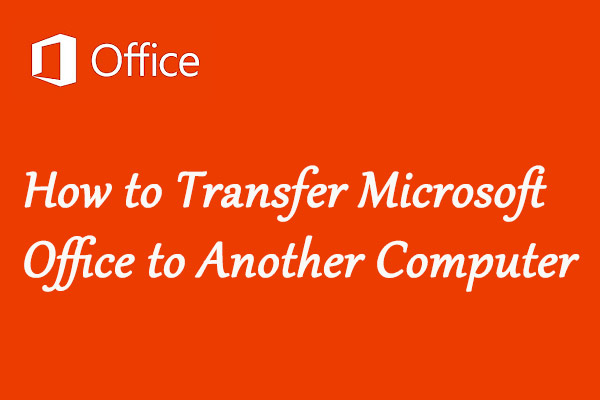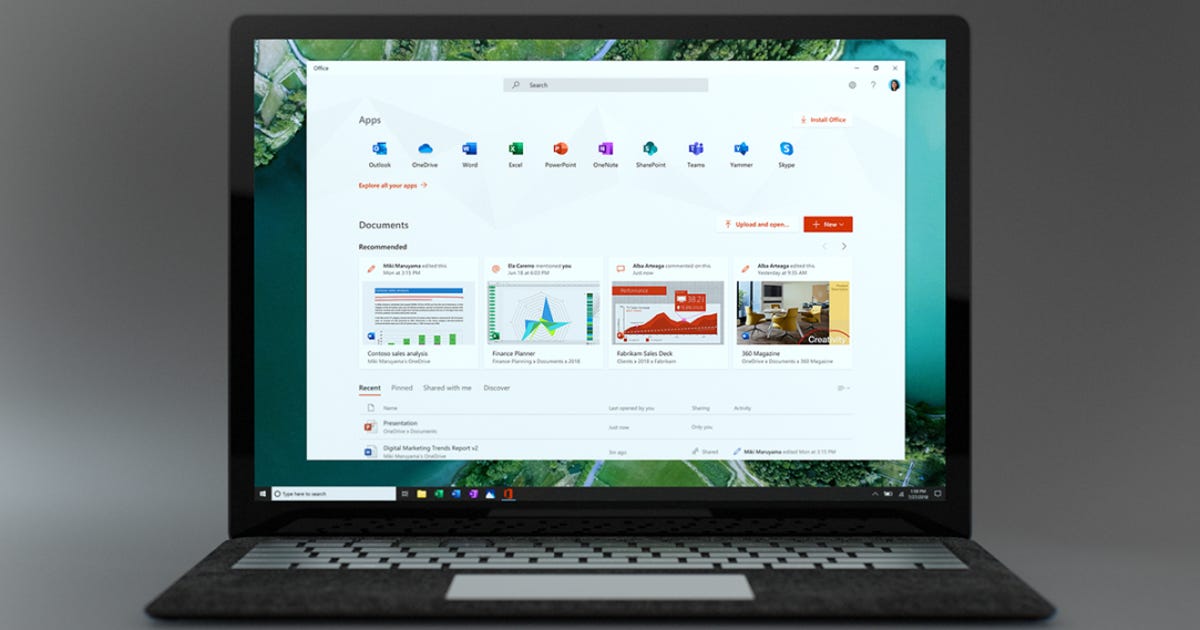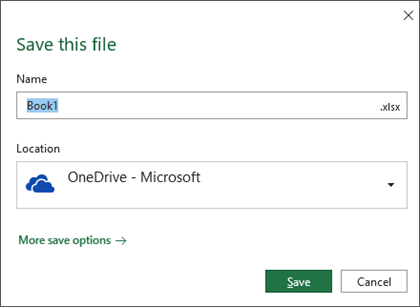

- #CAN YOU TRANSFER MICROSOFT OFFICE TO ANOTHER LAPTOP SOFTWARE LICENSE#
- #CAN YOU TRANSFER MICROSOFT OFFICE TO ANOTHER LAPTOP UPDATE#
- #CAN YOU TRANSFER MICROSOFT OFFICE TO ANOTHER LAPTOP MANUAL#
- #CAN YOU TRANSFER MICROSOFT OFFICE TO ANOTHER LAPTOP SOFTWARE#
Rather than purchase completely new PCs, my organization performs in-place upgrades to the hardware on many of our computers.
#CAN YOU TRANSFER MICROSOFT OFFICE TO ANOTHER LAPTOP SOFTWARE#
This is true for all OEM software – operating systems and applications.ġ1. The software cannot be moved from PC to PC, even if the original PC it was installed on is no longer in use. Current OEM licenses are not transferable from one machine to another. To put it simply, OEM product is “married” to the original PC on which it was installed. If I “retire” a PC with an OEM license on it, can I use that software on a new PC?ĪNSWER. (See Software Product Transfer section of your End User License Agreement.)ġ0.
#CAN YOU TRANSFER MICROSOFT OFFICE TO ANOTHER LAPTOP SOFTWARE LICENSE#
Some EULAs for copies of certain older OEM operating system products (i.e., MS-DOS®, Windows® 3.1, and Windows for Workgroups 3.1) distributed in 1995 or earlier may permit transfer of the OEM operating system software license under limited circumstances. The End User License Agreement (EULA) governs the terms for transfer of licenses. Current OEM licenses for all Microsoft operating system products are not transferable from one machine to another. Not unless it was purchased as a Full-Packaged Product from a retail store (i.e., Windows in a box). Can I transfer my operating system license from an old PC to a new one?ĪNSWER. Also, when a customer purchases an OEM product, the OEM license requires the OEM to provide support for the product.ĩ.


#CAN YOU TRANSFER MICROSOFT OFFICE TO ANOTHER LAPTOP MANUAL#
However, the FPP version of Windows may be transferred to another PC as long as the EULA, manual and media (such as the backup CD) accompany the transfer to the other PC. One main difference is that an OEM operating system license (such as the license for Windows) cannot be transferred from its original PC to another PC. The End User License Agreements (commonly referred to as “EULAs”) for OEM and FPP products are slightly different. Full-Packaged Product (FPP) is boxed with CD(s), manuals, and the EULA and is sold in retail stores in individual boxes. They are “shrink wrapped” and do not come in a box like the retail products do. OEM products are intended to be preinstalled on hardware before the end user purchases the product. What is the difference between OEM product and Full-Packaged Product (FPP)?ĪNSWER. I hope you find this helpful and feel able to contribute your own comments for inclusion.Ħ. I've included links to the articles - as Microsoft relocates documents on a regular basis please post any dead links for updating.
#CAN YOU TRANSFER MICROSOFT OFFICE TO ANOTHER LAPTOP UPDATE#
I intend to update the body of the article regularly based on any comments added and then this article can be used to help support comments in threads in the Operating Systems Technical Areas.īelow are some pointers from Microsoft supporting the view that an OEM Windows installation cannot be transferred to another system or continue to be used if the system board has been replaced (unless the system board is replaced with a board supported by the OEM). That is, even if it is physically possible to move the system, is it legal to do so? Feel free to post your own views and links to supporting evidence.

The purpose of this article is to allow the E-E community to reach a consensus view on Microsoft's intended interpretation of their OEM EULA's for operating systems. There are frequently questions on this site about OEM versions of Windows and whether it is possible to either transfer the operating system of an OEM system to another machine or to continue to use the OEM system installed on a PC after significant hardware changes to the computer. Can I legally transfer my OEM version of Windows to another PC? (AKA - Can I put a new systemboard in my OEM PC?)įew of us are both IT and legal experts but we all have our own views of Microsoft's licensing rules and how they apply.


 0 kommentar(er)
0 kommentar(er)
